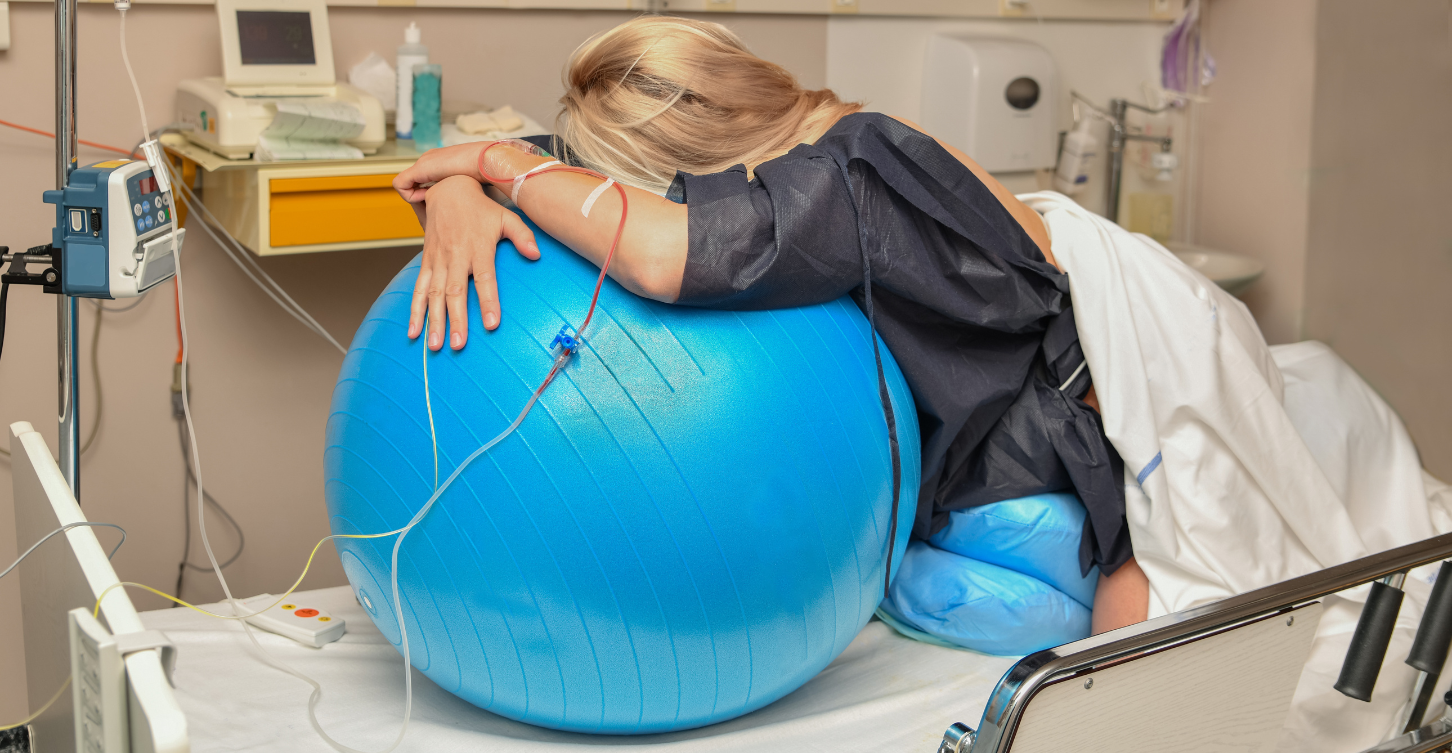Error message
Whether you’re pregnant and preparing to breastfeed or have been doing it for months, you’ve probably learned that there’s conflicting information about breastfeeding. Between your friends, family and the internet, everyone has a different idea about what works best. But how do you know what to believe?
As a lactation consultant at Tallahassee Memorial HealthCare (TMH), I support moms during their breastfeeding journeys. Whether I see them in the hospital or after they’ve gone home, we often end up discussing the many misconceptions they’ve encountered about breastfeeding. Having the facts about lactation will give you and your little one the best start to breastfeeding and help you make informed decisions for your family.
Let me dispel the five most common myths about breastfeeding that I hear:
Myth 1: Breastfeeding will hurt.
If a baby is latched to the breast appropriately, you should not feel any pinching or pain. What you should feel is a gentle tugging sensation. If baby’s latch is hurting you, ask for help from your nurse or request to see a lactation consultant. At TMH, all our Labor & Delivery and Family Care Unit (postpartum) nurses are trained to help you with breastfeeding.
We want you to leave the hospital feeling confident with feeding your baby. When you’re discharged, you’ll receive a list of our breastfeeding community resources. If you have trouble breastfeeding after you go home, our lactation consultants are available on an outpatient basis by appointment. We also have a weekly breastfeeding support group where you can socialize with other breastfeeding moms.
Myth 2: I don’t have enough milk for my baby.
Many moms are scared that they won’t have any milk when their baby is first born. While there can be a few medical reasons to feed your baby with formula – like low blood sugar – for the most part, the milk you produce should be all your baby needs.
The milk you have when your baby is first born is called colostrum. Some people refer to it as “liquid gold” because it’s bright yellow in color, thick and nutrient-dense. Most women start producing colostrum around week 20 of pregnancy.
Even if you don’t see or feel any milk, a baby who is latched well is much better at removing milk from the breast than our hands or pumps. In their first 24 hours, a newborn baby’s tummy is only about 5-7 mL, or the size of a grape. All your baby should need is that thick, nutritious colostrum to satisfy them. We do not expect your second milk (the thinner, more plentiful milk that most moms consider their “milk coming in”) to come until three to five days postpartum.
Myth 3: I can't breastfeed if my baby is in the NICU.
If your baby is separated from you for any reason during your hospital stay, and your goal was to breastfeed, know that your nursing and lactation teams fully support you and will do everything we can to help you reach your goals.
The first tool your nurse will teach you is called hand expression, which is the manual removal of milk from the breast using your hands. Your nurse will also set you up with a breast pump. All TMH’s Family Care Unit rooms have pumps in them, and if you must stay in the Labor & Delivery Unit for any reason, your nurse will bring a pump into your room. There are also pumps available at your baby’s bedside in our neonatal intensive care unit (NICU).
You will pump a minimum of eight to 12 times every 24 hours. We are essentially trying to trick your body into thinking you’re feeding your hungry baby right at the breast. The first couple days of pumping, you may see very little milk, sometimes even just drops. Don’t get discouraged! Even those drops are beneficial to your NICU baby and can be collected into a syringe to be taken to NICU.
Be consistent when pumping, so there will be plenty of milk available for your little one when they’re ready to go to the breast. You will have access to our lactation consultants throughout your baby’s NICU stay and can schedule an outpatient consultation even after baby goes home.
Myth 4: My baby should sleep through the night.
Lots of parents count their blessings and are very excited when their newborn sleeps through the night. But the truth is your baby should not be sleeping through the night. A newborn should feed eight to 12 times per day. Your baby should be fed by cue, not on a strict schedule.
There are many feeding cues and some are subtle. Your little one’s cues may include smacking or licking their lips, looking around or “rooting,” and bringing their hands to their mouth. Crying is considered a very late feeding cue. If your baby is crying, they are “hangry” and may become difficult to latch.
Keep in mind, a newborn baby should never be going long stretches of time between feedings. Most babies will wake (or need to be woken) at least once or twice throughout the night.
Myth 5: If it doesn’t come easily right away, it means I cannot breastfeed.
When we dream about feeding our babies, we often have this perfect picture of baby cradled in our arms and latching perfectly every time. This may happen for you, but more often, mothers find themselves feeling disappointed, discouraged or rejected when it doesn’t happen how they’ve imagined.
If this is you, you’re not alone! You and your baby are learning a new skill and you both deserve a lot of grace. Even experienced mothers sometimes find they need a little extra support with a new baby.
Your lactation team is here to help you get on the right track and support you throughout your breastfeeding journey. It may take time and effort, but we will work with you and your baby to meet your unique needs and achieve your breastfeeding goals.
To learn more about our comprehensive lactation support services at TMH, including classes, support groups, outpatient visits and what to expect in the hospital, visit TMH.ORG/Breastfeeding.




